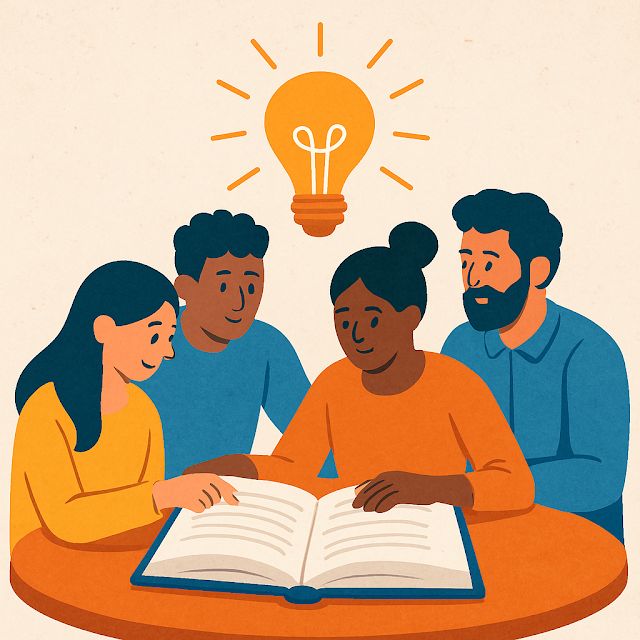Precerpt from My 20th Language: The Incredibly Important Role of University Studies

Precerpt (excerpt prior to publication) from My 20th Language by Betty Lou Leaver, Ph.D. -- Chapter 1 The Incredibly Important Role of University Studies By the time I graduated from Penn State University shortly after my twenty-first birthday, I was definitively fluent in five languages by any reasonable definition of fluency: English, French, German, Russian, and Spanish, listed in order of proficiency at that time (though today Russian would rank right after English). I had completed advanced courses in literature, stylistics, linguistics—including morphology, syntax, and advanced grammar—and composition in all of them. I had also taken teaching methods in Spanish under a professor widely considered the best in foreign language pedagogy. My proficiency extended well beyond basic communication. I could write essays, poetry, and fiction in all five languages, tailoring my language use to specific audiences. I could read virtually anything and grasp cultural implicatio...

